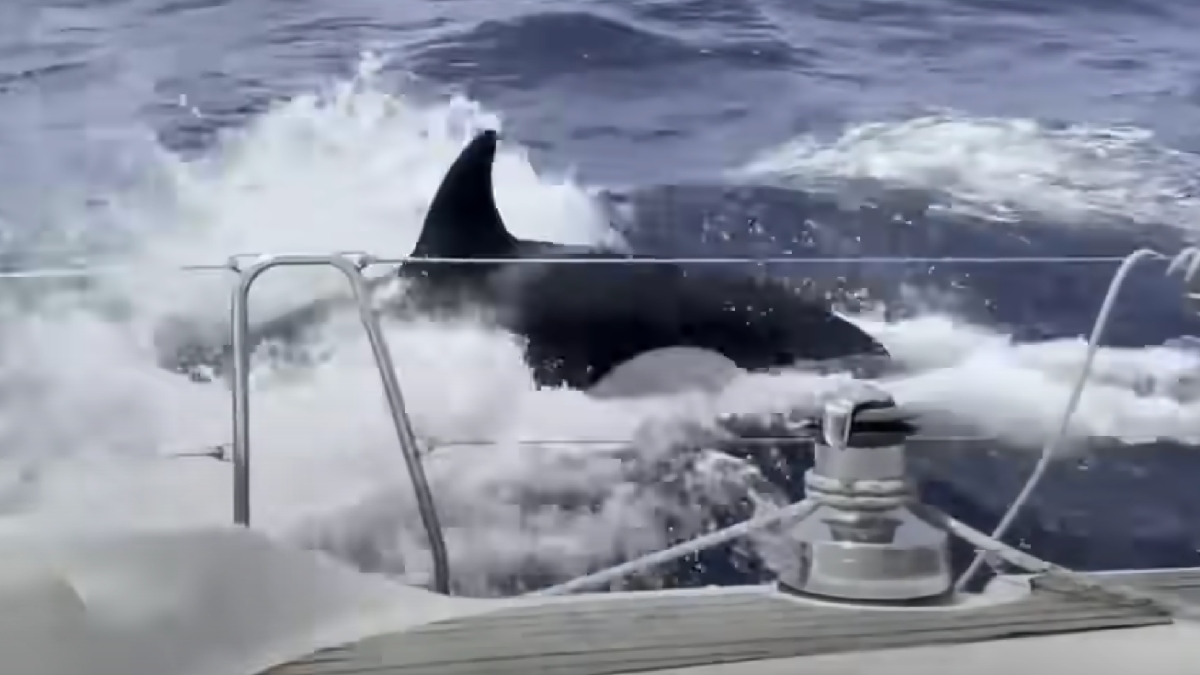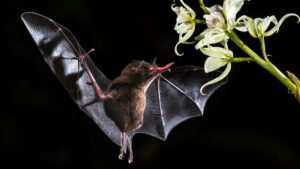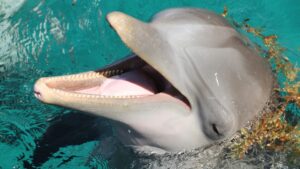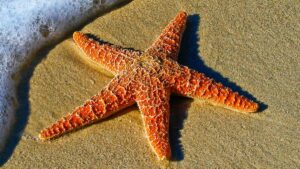In the past, orca whales, also known as killer whales, despite the latter name, rarely had harmful encounters with humans. Earlier in my career, I researched orca whales around the San Juan Islands of Washington State. Even though boats and the noise created by them are a problem in the area, the majestic cetaceans were a benign presence. However, recently a population of orca whales has been attacking boats around the Iberian Peninsula of Spain, Portugal, and Morocco. And researchers theorize that they are doing it for a unique reason.
Many incidents of orca whales ramming boats around the Iberian Peninsula in the past 3 years
Over the past three years, marine biology researchers have documented hundreds of incidents of orca whales approaching or colliding with boats around the Iberian Peninsula. These incidents typically follow the same pattern. The whales approach the back of the boat. They then ram into the rudder until it makes the ships stop.
While the damage caused by most of these encounters has been minimal, there were three cases in which the attacks sank sailboats. At first, researchers couldn’t figure out why these attacks were happening — and why they were exclusive to the Iberian Peninsula. However, now, some think they found the reason.
Researchers believe orcas are imitating the behavior of White Gladis, a whale traumatized after getting hit by a boat

Marine biology researchers theorize that these attacks can be traced to a single event with a female orca whale named White Gladis. She is likely traumatized by a “critical moment of agony,” according to Alfredo López Fernandez, a marine biologist at the University of Aveiro in Portugal. He states that White Gladis was probably hit by a boat — and in response, attacked other ones when encountering them.
“That traumatized orca is the one that started this behavior of physical contact with the boat,” said López Fernandez in an interview with LiveScience. And then other orcas are intimidating White Gladis and ramming into boats as well.
Imitating behavior might be playful in nature
As I’ve seen with my research, orca whales are very intelligent and social animals. They adeptly learn and adopt behaviors from each other. Sometimes these behaviors are intentional — and other times they are not. However, what is clear is that the ramming behavior is spreading throughout the orca population around the Iberian Peninsula. Also, a greater number of whales in this population are partaking.
While some researchers postulate that the ramming of boats is tied to White Gladis being triggered by getting hit by one, there’s another explanation. The imitating behavior from the whales might not have an aggressive intent. Conversely, the imitation could be playful in nature.
It might not be accurate to describe the ramming of the boats as “attacks” — even though that’s what it seems from the perspective of people sailing them. Andrew Trites, the director of the Marine Mammal Research Unit, discussed this possibility with Insider.
“They’re very tactile. They have a sense of touch,” said Trites. The orcas engage in such activities as bumping and rubbing into each other — and raking their teeth over the body of other whales. With this in mind, Trites thinks the ramming incidents with boats are probably a “playful activity that’s gotten way out of hand.”
Ramming behavior is limited to the Iberian Peninsula — and unlikely to spread to other orca populations
Even if all of the whales in the Iberian Peninsula population engage in the imitating behavior, it’s unlikely to spread to other populations, such as the Southern Resident population around Washington State and British Columbia.
This is because whales from different populations typically don’t interact with each other. Also, they have different behaviors. “They’re not hanging out, swapping stories,” said Trite.
Nonetheless, the ramming incidents around the Iberian Peninsula are concerning — for they could lead to injuries or death to both humans and whales. However, Trites speculated that the incidents could eventually fade away — like most “fads.” The whales might stop partaking as they get “bored” with the ramming of the boats.
RELATED: Mother Gorilla Bonds With Human Baby, Then Shows Her Own Child
Header image: Mike Doherty via Unsplash
I’m Mark Putzer, and my passion for animals and all things nature is a life-long love affair. Growing up in Wisconsin, I had many cherished memories of hiking, skiing, and enjoying the abundant wildlife in the Badger State.
My passion for animals led me to marine biology research for my studies at the University of Wisconsin. I researched the behavior and communication of humpback whales around Hawaii and Orca Whales around the San Juan Islands of Washington State. The experience of being close to these massive and magnificent creatures is amazing. Later, I taught outdoor education to children in California — passing along my knowledge of animals and nature to the curious minds of the next generation. I also love pets. This includes a Labrador Retriever dog named “Molly” when I was a kid — and now, an adventurous tabby cat named “Rosy.”
I’m here to share the wonders of the animal kingdom with you. Whether it’s a cherished pet at home or an animal out in the wild, there are many unique stories and interesting information to share on Weird Animal News! Enjoy!





















